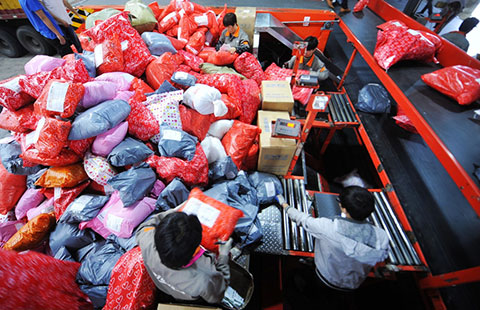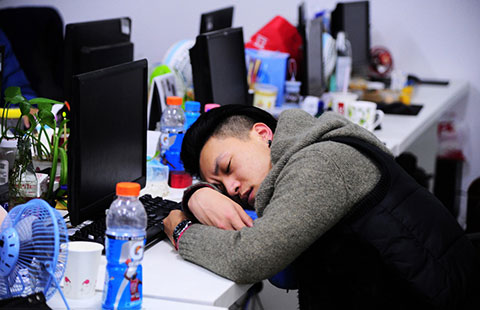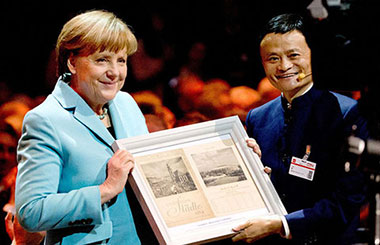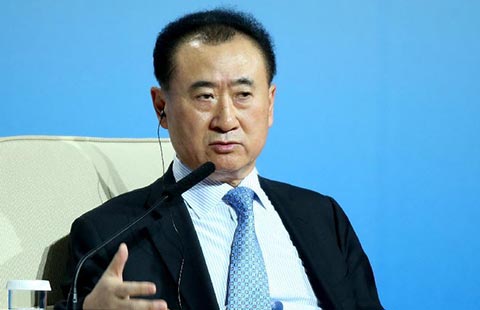Qunxing Toys set to take full control of Sichuan Sanzhou
By Huang Ying (China Daily) Updated: 2015-11-14 11:50
Guangdong Qunxing Toys Joint-Stock Co Ltd, one of China's largest electronic and battery-operated toymakers, is to take full control of Sichuan Sanzhou SCMP Nuclear Equipment Manufacture Incorporation.
Established in 2000, Sichuan Sanzhou supplies the nuclear power, military and petrochemicals industries.
Sichuan Sanzhou Special Steel Pipe Co Ltd previously owned 80 percent of the company, with the remaining 20 percent held by the Nuclear Power Institute of China.
Listed on the Shenzhen Stock Exchange in 2011, Qunxing Toys operates across a range of industries, including Internet entertainment, culture, education and finance.
It revealed plans for a corporate restructuring in July last year, after the country's toys market hit the buffers, saying then it hoped to buy a mobile games company.
However, the China Securities Regulatory Commission rejected its application to recast at the beginning of this year, saying that its earnings were too uncertain.
Qunxing Toys said in response that it would not alter its goal of transformation and that it would proceed as planned. It suspended trading in its shares five months ago.
The company explained in a statement on Wednesday that as the Sichuan Sanzhou deal involves the nuclear power and military industries, as well as the Nuclear Power Institute of China and other two State-owned institutions, the approval process could take longer than usual.
Analysts agreed with that assessment, given the acquisition requires official approval by the State-owned Assets Supervision and Administration Commission, the State Administration of Science, Technology and Industry for National Defence and the Ministry of Finance.
Qunxing Toys generated revenue of 279 million yuan ($43.87 million) during the first three quarters of the year, a 19.05 percent fall compared with the previous year, according to its latest financial report. Net profit was 22.43 million yuan, a 3.62 percent rise.
The toy manufacturer has said it expects its net profit to be between 15.61 million yuan and 20.1 million yuan, a 5 percent to 35 percent rise on a yearly basis.
The company's half-year report, however, showed that its revenues generated from baby toys, baby motorcycles, toy phones, strollers and computer learning machines all declined, in what has become a fierce toys market.
China's nuclear-power industry is regaining its growth momentum, meanwhile, especially after President Xi Jinping's state visit to the United Kingdom in October, during which a series of significant new nuclear power cooperation agreements were signed.
- Tower deal causes Evergrande slide
- Ontario inks deals worth $2b with firms in China
- Tyson Food to spend $16 million on new marketing strategies
- Carlsberg to close some factories
- China, Laos sign railway deal
- ChemChina in talks to buy Syngenta
- Key bourses double margin requirements
- China-Japan business leaders to promote trust, economy















